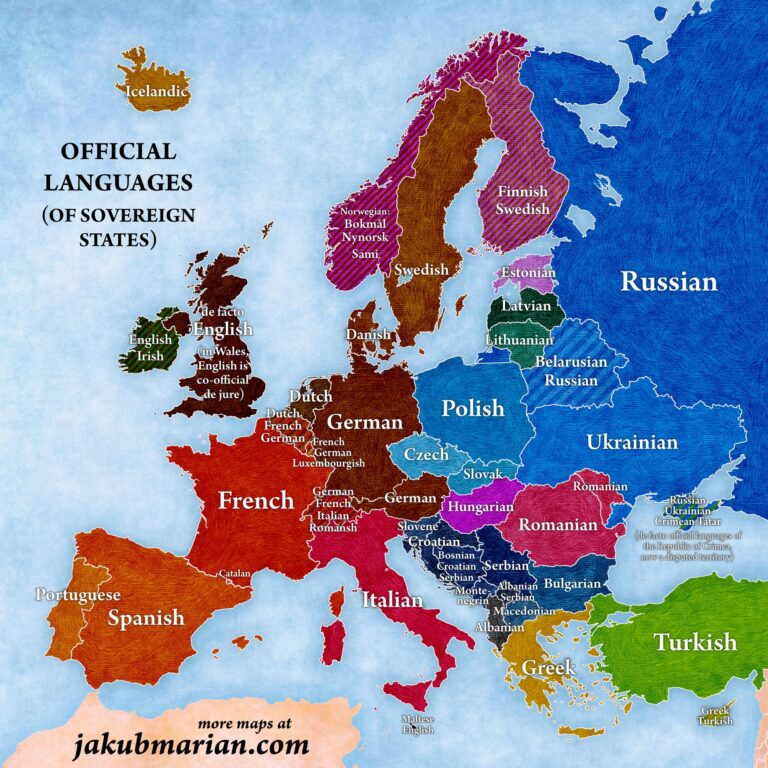European efforts to intensify United Nations sanctions against Iran have stirred concerns over whether diplomacy is yielding to coercion, potentially cornering Tehran amid escalating geopolitical tensions. As key European powers advocate for tougher measures in response to Iran’s nuclear activities, the move has sparked debate over its impact on regional stability and the prospects for renewed negotiations. This article examines the dynamics behind the European push at the UN, Tehran’s response, and the broader implications for international relations.
European Diplomacy and the Escalating Pressure on Iran at the United Nations
European nations have increasingly signaled a unified front at the United Nations to strengthen sanctions on Iran amid concerns over its nuclear program and regional activities. The bloc’s diplomatic push emphasizes the need for stricter enforcement mechanisms and enhanced international cooperation to curb Iran’s missile development and influence in conflict zones. Governments in Brussels, Berlin, and Paris have expressed frustration over Tehran’s reluctance to engage meaningfully in dialogue, pressuring the UN Security Council to consider tougher resolutions that could isolate Iran economically and politically.
The debate within the UN halls reveals a nuanced strategy from Europe, focusing not only on penalties but also on diplomatic incentives to encourage compliance. Key demands from the EU include:
- Increased monitoring and inspection of nuclear sites
- Targeted economic restrictions on key industries
- Clear timelines for compliance and rollback measures
| European Country | Position on Sanctions | Diplomatic Approach |
|---|---|---|
| Germany | Strongly supports stricter sanctions | Emphasizes negotiation with leverage |
| France | Advocates swift UN Security Council action | Champions coalition-building efforts |
| United Kingdom | Calls for tighter enforcement measures | Pushes for multilateral frameworks |
Impact of Potential Sanctions on Iran’s Regional Strategies and Global Relations
Iran’s regional posture is expected to harden significantly as the looming threat of renewed UN sanctions signals a tightening noose around its economic and diplomatic maneuvers. Tehran is likely to increase support for proxy groups across the Middle East, viewing these affiliations as critical leverage points to counterbalance international pressure. Additionally, a more aggressive deterrence policy in the Persian Gulf could emerge, potentially escalating maritime tensions and complicating global energy security. This shift aims not only to solidify Iran’s sphere of influence but also to demonstrate resilience against what it perceives as external coercion.
On the global stage, strained relations with European powers and the West may push Iran to diversify its alliances, strengthening ties with non-Western countries such as China, Russia, and regional partners less critical of its internal policies. The impact on diplomatic channels could involve:
- Reduction in nuclear negotiation flexibility, with Iran adopting a more uncompromising stance.
- Potential increase in clandestine economic activities as sanctions severely limit conventional trade routes.
- Heightened diplomatic outreach to emerging economies less swayed by Western sanctions.
| Potential Sanctions Impact | Regional Strategies | Global Relations |
|---|---|---|
| Economic constraints | Boost proxy group funding via alternative channels | Pivot towards China, Russia |
| Diplomatic isolation | Assertive military posturing in Gulf | Seek new alliances outside EU/US framework |
| Restricted exports | Increased smuggling and black-market trade | Leverage UN veto allies |
Navigating the Crisis Recommendations for De-escalation and Constructive Dialogue
Managing the escalating tensions requires a multipronged approach that prioritizes open communication and mutual respect. Key to this process is the establishment of direct diplomatic channels between European powers and Tehran, fostering an environment where concerns can be aired without fear of immediate reprisals. Engagement through backdoor negotiations, supported by neutral mediators, could break current deadlocks and enable incremental confidence-building measures. Additionally, emphasizing shared interests such as regional stability, economic cooperation, and non-proliferation can redirect the narrative away from confrontation toward collaboration.
Concrete actions to avoid further escalation include:
- Gradual sanctions relief: Conditional easing tied to verifiable Iranian compliance, signaling a willingness to reward constructive behavior.
- Multilateral forums: Leveraging UN and regional platforms to foster dialogue and transparency.
- Addressing humanitarian concerns: Ensuring sanctions do not exacerbate civilian suffering to maintain moral high ground in diplomacy.
| Recommendation | Intended Outcome |
|---|---|
| Incremental Sanctions Relief | Build trust through measurable compliance |
| Active Diplomatic Engagement | Facilitate open, continuous dialogue |
| Humanitarian Exemptions | Protect civilian population and maintain legitimacy |
Closing Remarks
As tensions continue to mount, the unfolding dynamics between Iran and European powers over the threat of renewed UN sanctions remain a critical flashpoint in international diplomacy. With Tehran vowing to resist what it perceives as unjust pressure, and Europe emphasizing the need for accountability and compliance, the coming weeks will be pivotal in determining whether dialogue can prevail or if confrontation will further escalate regional instability. The global community now watches closely, as the repercussions of this standoff extend far beyond the immediate actors involved.




